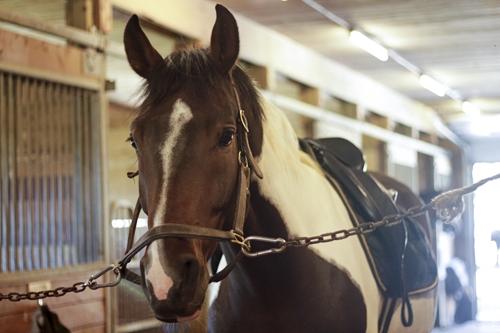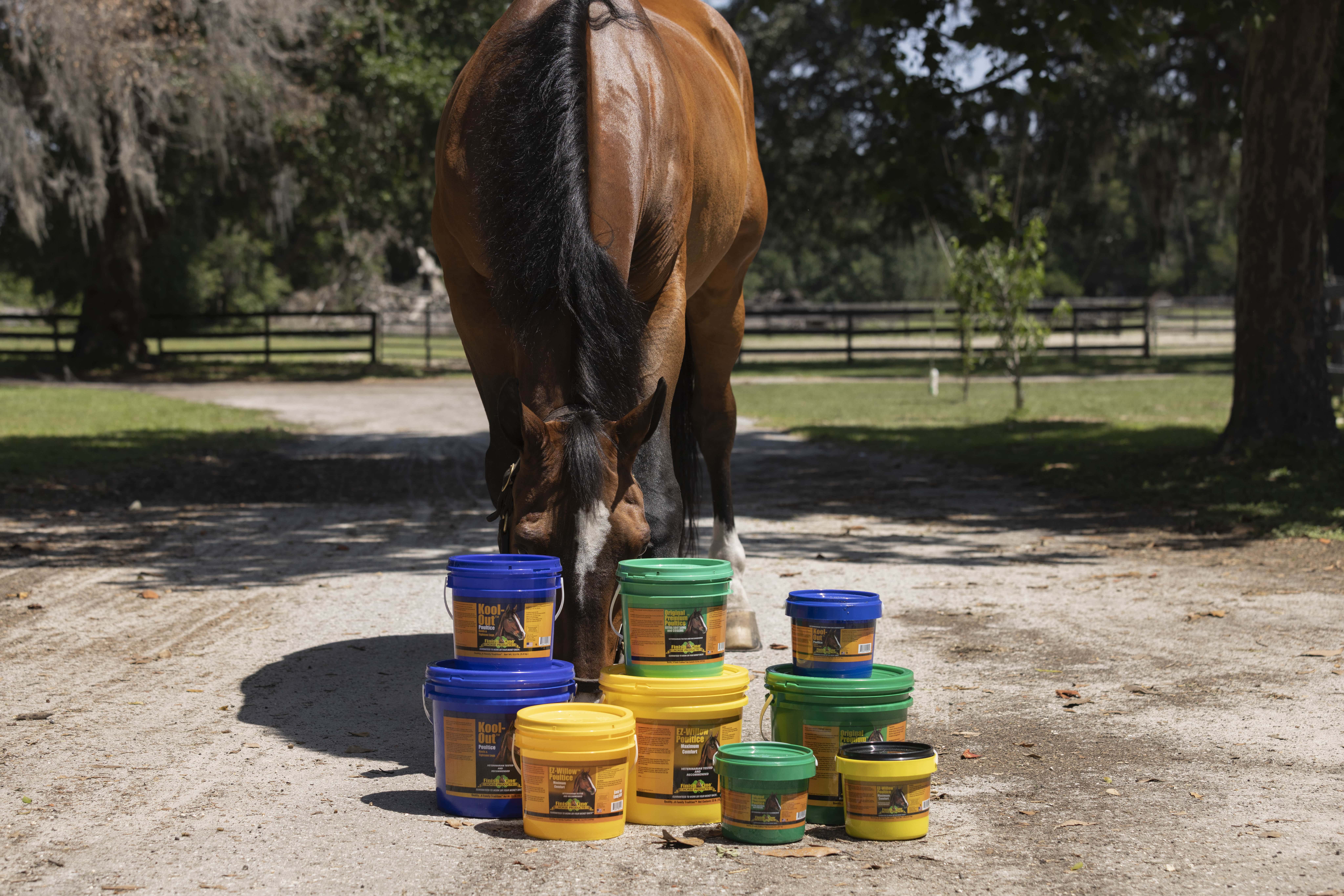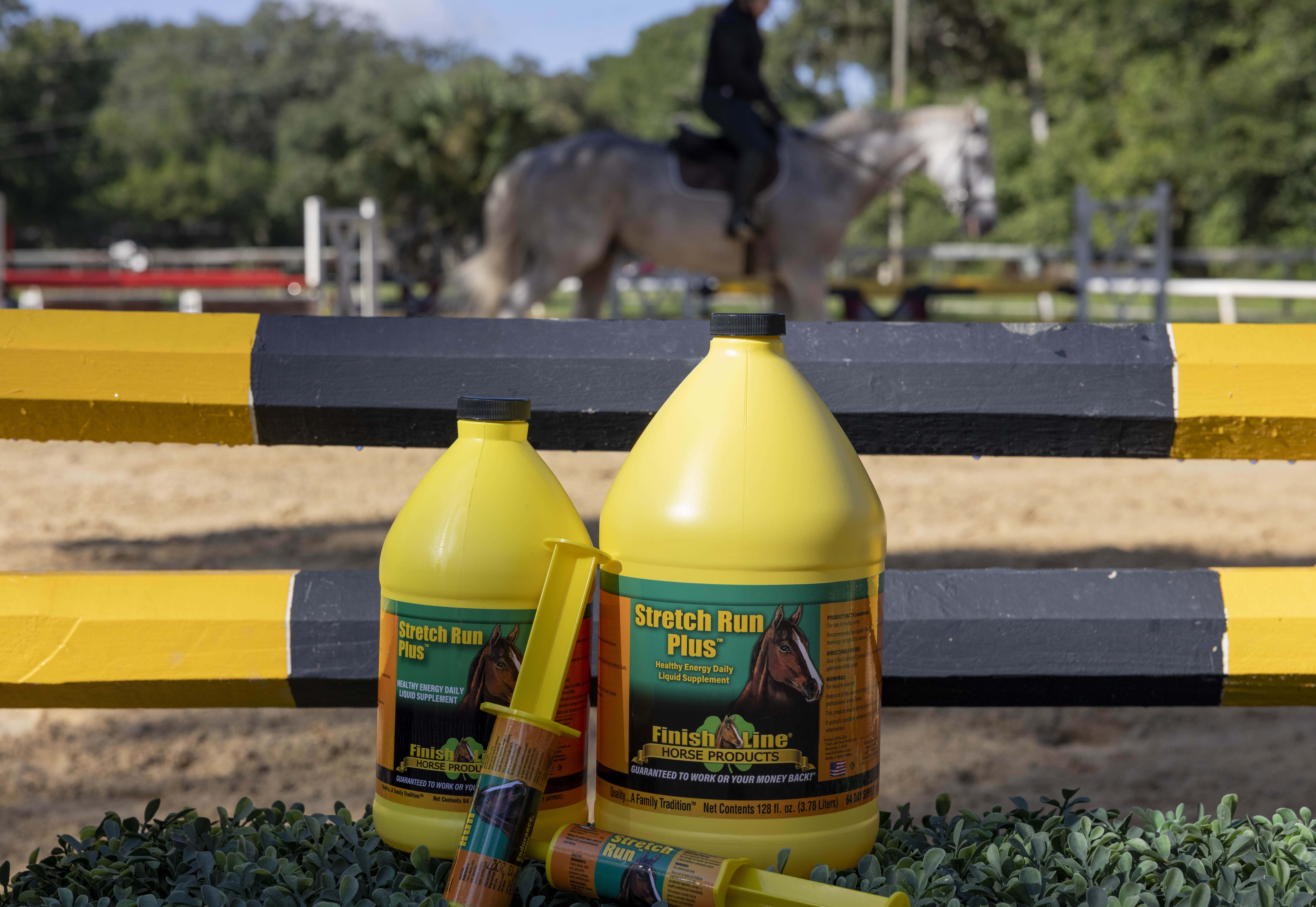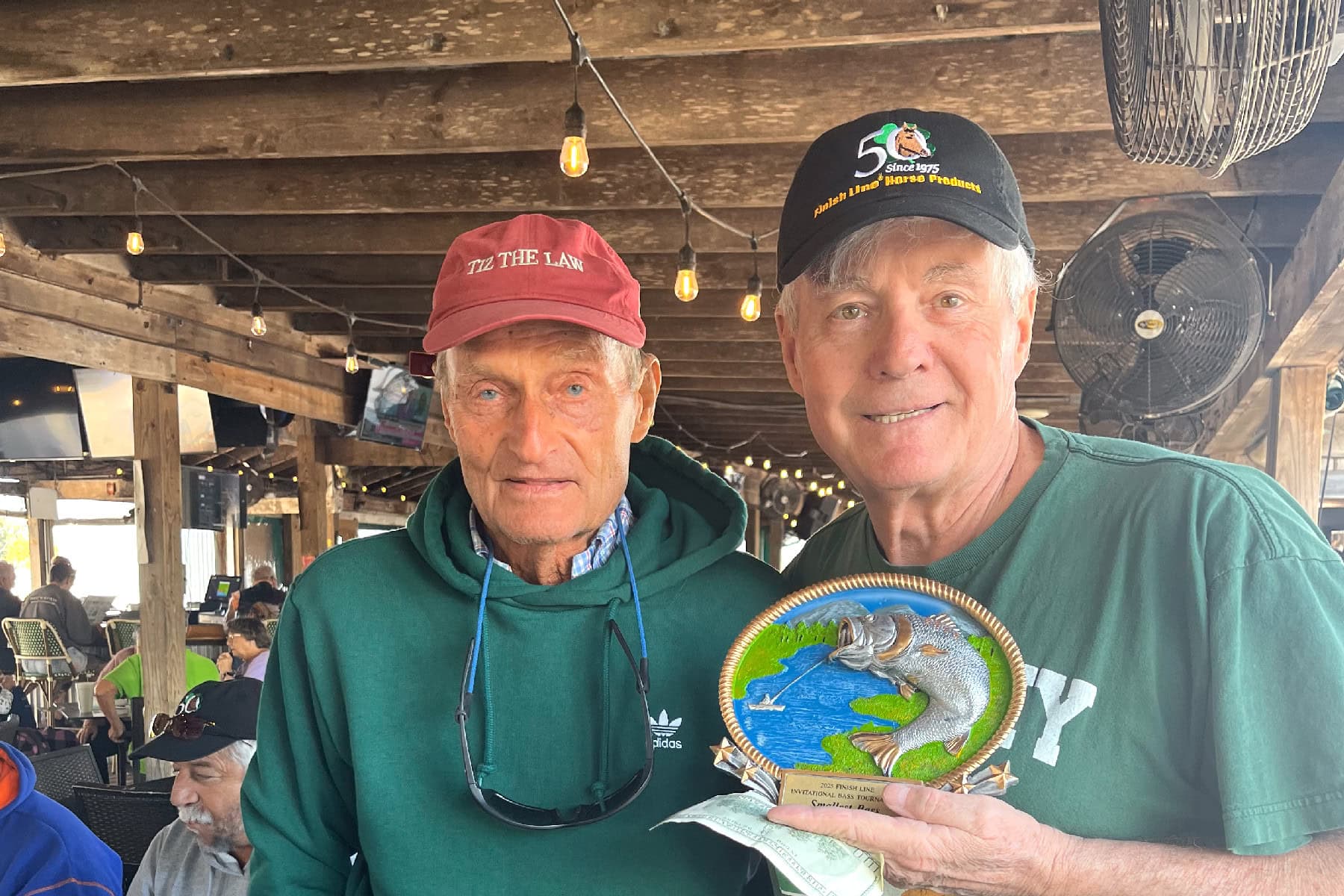Your aging horse needs specific care.
The Merck Veterinary Manual noted that with the right care and attention, your horse can live well into his 20s or 30s. As with all animals, a horse’s medical, nutritional and physical needs change as he grows older. Here are a few tips to keep in mind when caring for your aging horse:
“Aging horses should receive feed that is full of energy and easy to digest.”
Horse feed and dietary needs
Each elderly horse’s diet requirements are different. Some will require a drastic change to compensate for physical or nutritional ailments, while others are fine with a diet similar to the one they have maintained throughout their life. Regardless, the University of Georgia recommends that aging horses receive feed that is full of energy and easy to digest. This is because it gets harder for horses to absorb all the nutrients they need as they get older. It’s even harder if your horse suffered from intestinal parasites sometime in the past.
You can help meet your horse’s nutritional needs by adding beet pulp to his diet. Beet pulp is high in fiber and easy to digest. You can also purchase horse feed in which the grain’s seed coat has been broken, whether through rolling, cracking, crimping or steam flaking.
Fat is a good source of energy and makes a suitable supplement for horses. However, horses given additional fat will need less feed overall, so you should add other equine supplements to meet all of his nutritional needs. Have your veterinarian complete a blood analysis to create the perfect diet for your companion.
Dental care
Dental issues are common in older horses. Because horses chew in a circular motion, their teeth wear down naturally and sharp points can develop on the outside of the upper molars and inside of the lower ones. You’ll need a dentist to file these down a few times each year. If your horse’s teeth have worn down completely, you should change his diet to soft pellets or a nutritious mash made from feed concentrates.
Exercise
Your horse won’t be able to run as fast as he used to, but he still needs enough exercise to keep him at a healthy weight. In addition, physical activity keeps his joints from becoming stiff and painful. Equinews advised letting your horse have free access to an open space with some shelter for when he wants to rest.
It is also important to note that a lifetime of activity has likely taken a toll on your horse’s joints. If this is the case, it’s a good idea to add horse joint supplements to his diet. He may need some mild painkillers if he suffers from arthritis.
“Common ailments for older horses include liver failure, kidney problems, chronic infections and anemia.”
Diseases
Common ailments for older horses include liver failure, kidney problems, chronic infections and anemia. These can be treated with various vitamins and supplements – vitamin B helps with anemia, Equinews noted, and vitamin C can increase a horse’s immunity to infection and disease. On the other hand, if your horse suffers from liver problems, his diet should not be supplemented with fat. The best thing to do if your horse has an age-related condition is to consult your veterinarian about his specific nutritional requirements.
Horses are life-long friends that require additional care and attention as they age. These tips provide a staring point for elderly horse care, but you should always consult your vet before starting a specific treatment plan. With the right equine health products and habits in place, your horse can enjoy his golden years in happiness and comfort.








